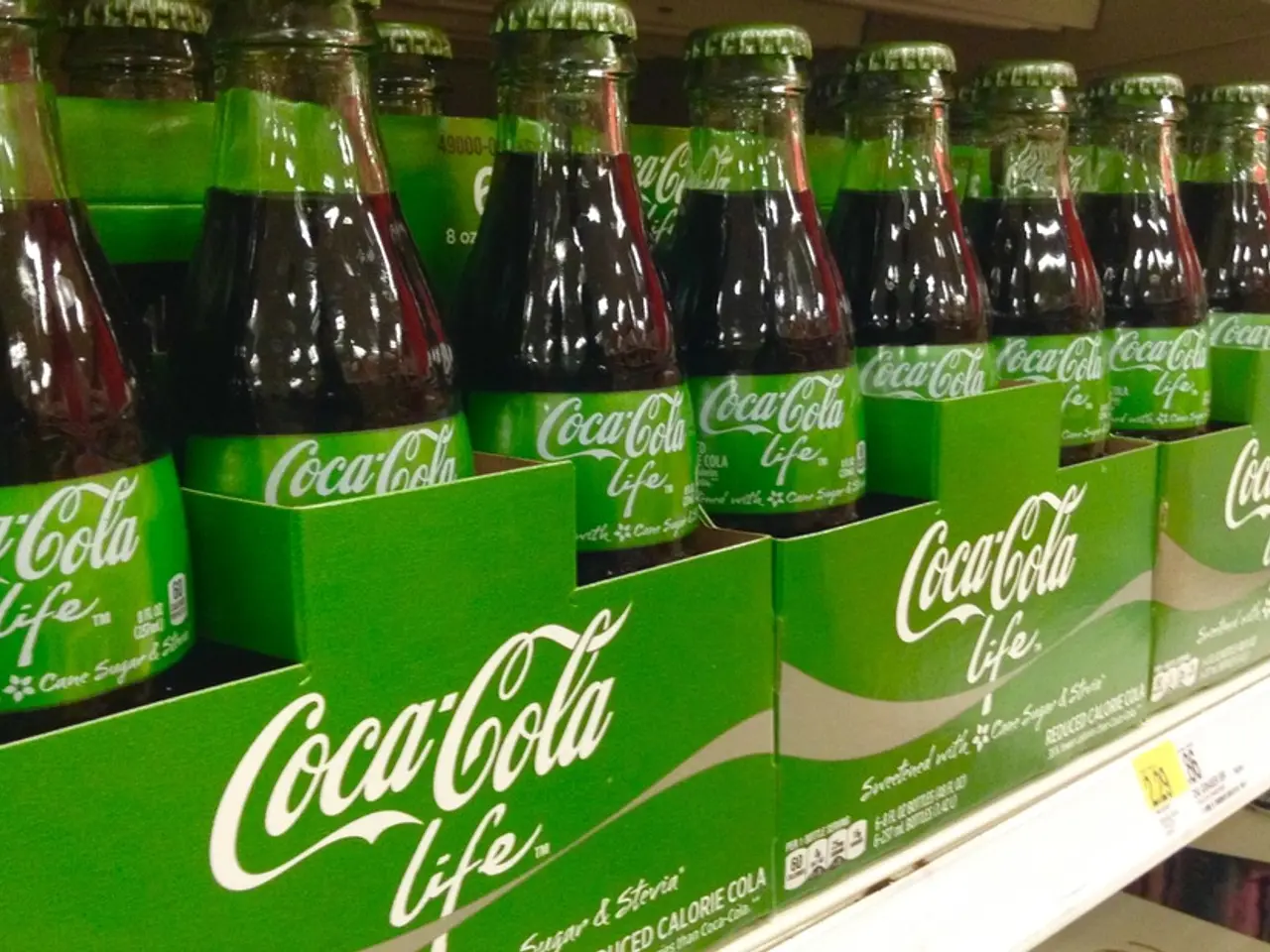Impact of Customs Duties on Pharmaceuticals
In the global pharmaceutical landscape, the proposed increase in US tariffs on imported medicines could have significant implications for Taiwan's drug market. This article explores how these tariffs might lead to brand-name drug shortages in Taiwan and the potential rise of domestic generic drug production.
The pharmaceutical industry in Taiwan currently relies heavily on imported medicines, with about 75% of medicines coming from abroad. However, to mitigate the risk of brand-name drug shortages, it is crucial for Taiwan to strengthen its capacity to produce generics.
The US President, Donald Trump, has proposed raising tariffs on imported medicines to 150% and potentially up to 250%. This move could disrupt established supply chains, affecting Taiwan indirectly due to its export-oriented pharmaceutical sector and participation in these supply chains.
If global pharmaceutical supply chain disruptions occur, costs may rise, and output may decrease. Under such conditions, companies might prioritize selling to higher-margin markets, potentially leading to shortages of brand-name drugs in Taiwan.
However, this scenario could also incentivize or force Taiwanese pharmaceutical companies to boost production of generic drugs domestically as a substitute for more expensive or scarce brand-name options. Generics, produced after patents expire, must meet Good Manufacturing Practice standards set by the Pharmaceutical Inspection Co-operation Scheme for safety and quality equivalent to the originals.
As brand-name drugs become more expensive or less available, there could be increased demand and production incentives for generic drugs in Taiwan, which offer more affordable alternatives. This fits Taiwan’s industrial strategy and public health interests to ensure medicine availability despite cost pressures.
For instance, under the National Health Insurance system in Taiwan, Plavix - a drug used to prevent atherosclerosis - costs NT$36, compared to NT$239 in the US. If the US government raises tariffs on drug imports, Taiwan-backed US companies may become more competitive.
In conclusion, increased US pharma tariffs may exacerbate shortages of brand-name drugs in Taiwan due to supply chain disruption and cost pressures, while simultaneously encouraging increased domestic production and consumption of generics as a cost-effective alternative. Locally manufactured generics could serve as a vital substitute in the event of supply disruptions.
This article does not provide any information about the current state of Taiwan's generic drug production capacity or any specific plans or initiatives by the Taiwanese government to encourage the production of generics. It is essential for the government to consider strategies to strengthen the domestic pharmaceutical industry to ensure the availability of essential medicines for its citizens.
[1] Global Health Policy, 2019. Impact of US Tariffs on Pharmaceutical Imports: A Review of the Literature. [2] Taiwan News, 2020. Taiwan Pharmaceutical Industry and US Pharma Tariffs: Implications and Opportunities. [3] Health Affairs, 2020. The Economic Impact of US Pharma Tariffs on Taiwan's Drug Market. [4] The Lancet, 2019. The Geopolitics of Pharmaceutical Tariffs: Implications for Global Health.
- Recognizing the potential brand-name drug shortages in Taiwan due to US tariffs, it would be prudent for the Taiwanese government to focus on enhancing the production of generic drugs domestically, as these medications can serve as vital substitutes in the event of supply disruptions.
- Given the rising costs and potential scarcity of brand-name drugs due to US tariffs, there may be increased demand for and production incentives for generic drugs in Taiwan, offering more affordable alternatives that align with the nation's industrial strategy and public health interests.





